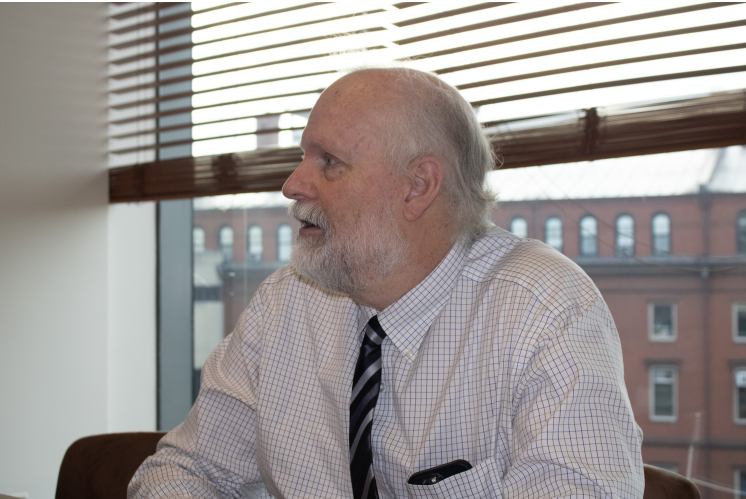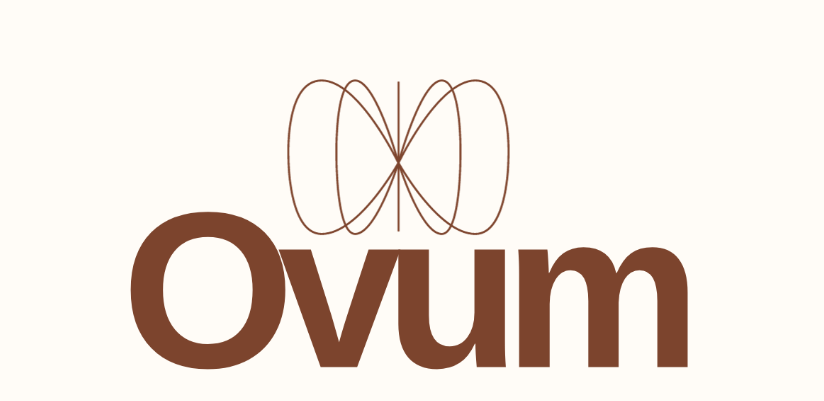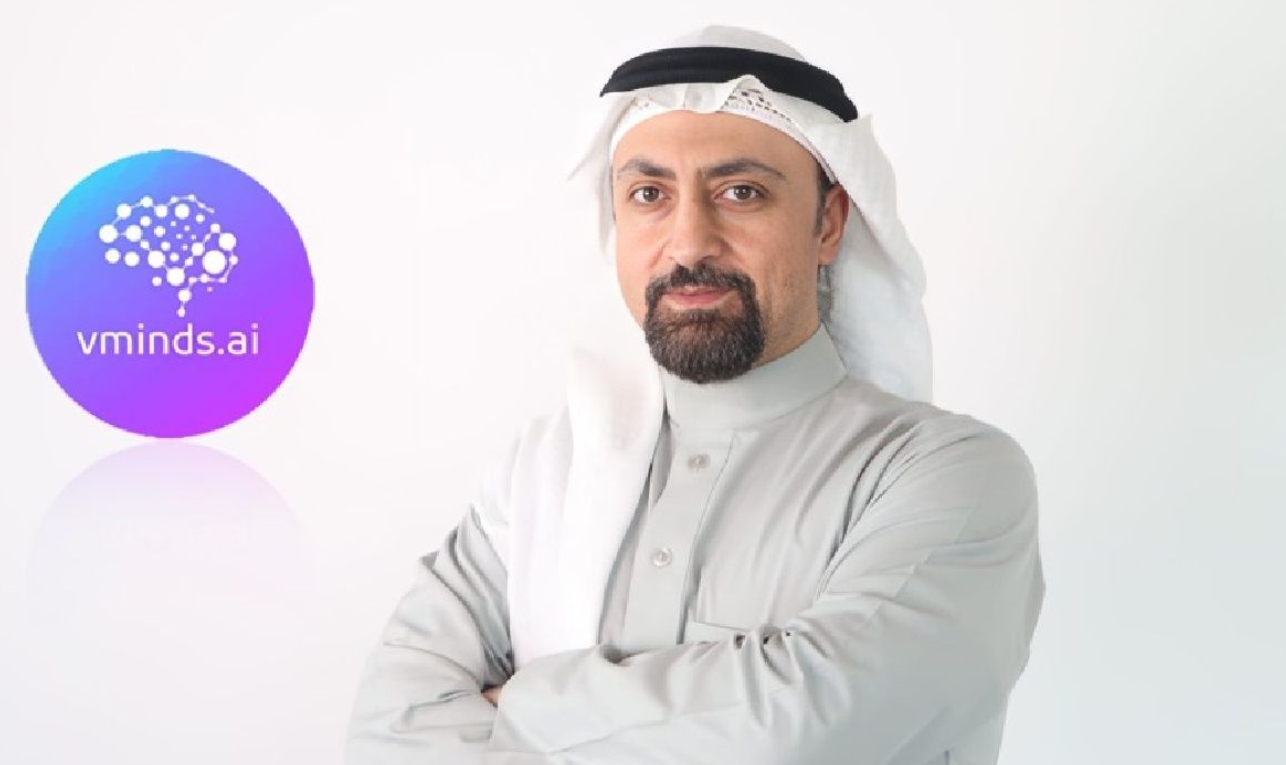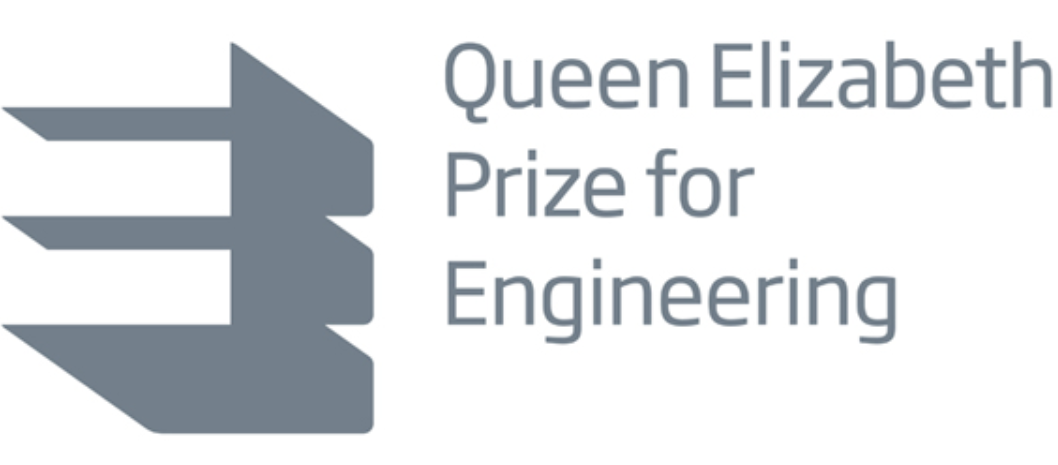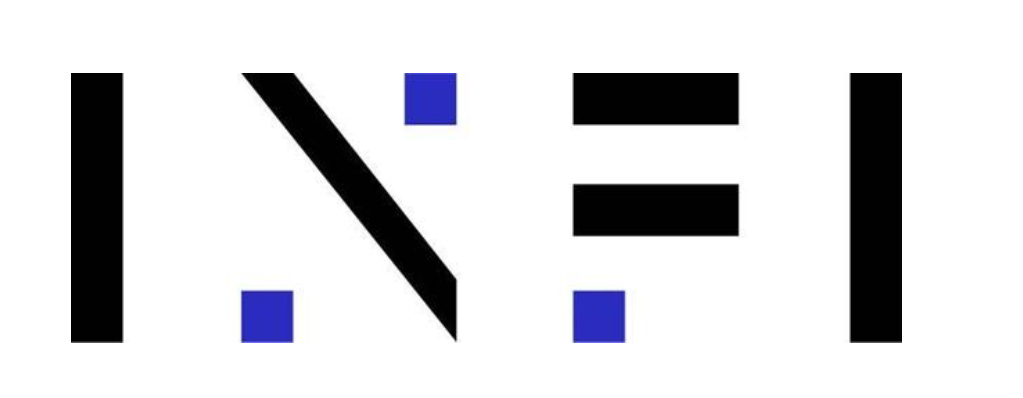In a recent interview with The Crimson, Harvard Dean of Science, Christopher W. Stubbs, discussed the pivotal role and challenges of integrating generative AI into the university’s curriculum. Such AI technologies, including ChatGPT, are revolutionizing essay writing, coding and problem-solving. As a result, Harvard’s Office of Undergraduate Education introduced general guidelines for AI use at the commencement of the semester. While the guidelines suggest various teaching approaches, they haven’t mandated any Faculty of Arts and Sciences (FAS) specific rules.
Generative AI tools “can pretty much do every single homework assignment that we have ever given,” said Stubbs.
Stubbs strongly advocates generative AI in academic settings, noting its increasing presence in some courses during the current semester. He expressed that the successful integration of this technology requires reimagining the fundamental objectives of education, in line with Harvard’s mission.
“I view my role as making sure that our instructors are fully informed and educate themselves about how generative AI impacts what they’re trying to achieve in their classes,” he said.
Stubbs is not alone in believing that generative AI is and will have a significant impact on university education. This technology, evolving rapidly, has caught educators in a state of excitement and confusion. As the education sector grapples with evolving technological demands, generative AI might be a tool that reshapes the academic landscape. However, this comes with challenges that educators and institutions must navigate thoughtfully, just as they are doing at Harvard with the new guidelines they have put in place.
Featured image: Dean of Science Christopher W. Stubbs discussed generative AI and new University-wide anti-bullying policies. By Elias J. Schisgall
